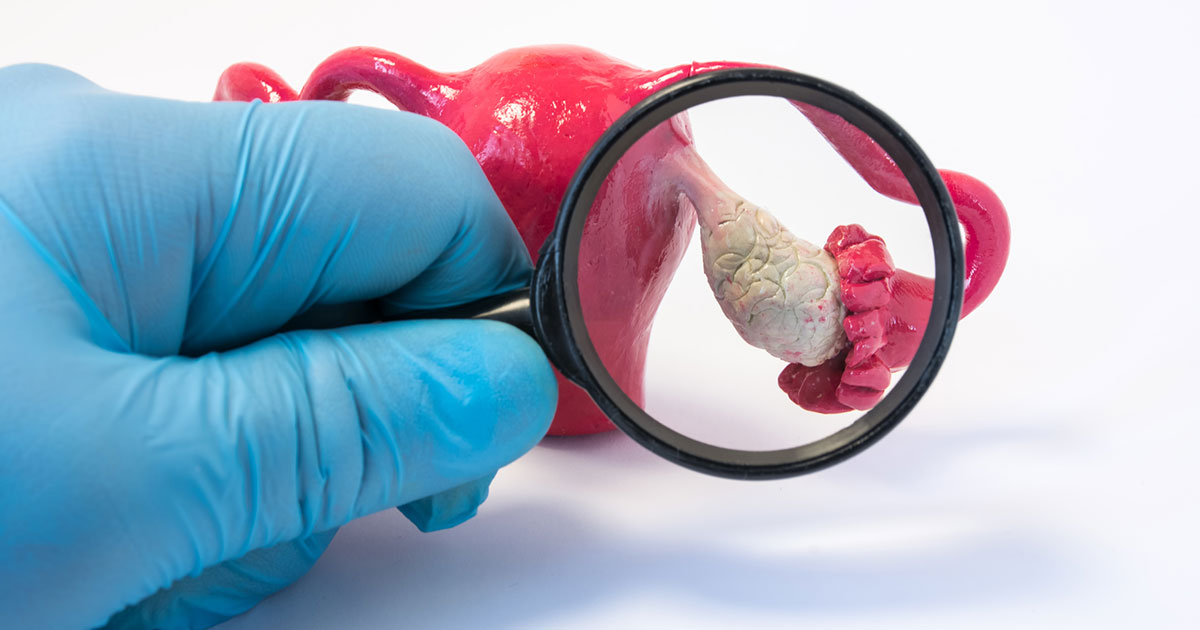Understanding Polycystic Ovary Syndrome (PCOS)
Imagine having unusual body hair, irregular periods, or constantly having difficulty losing weight or conceiving; women who suffer from Polycystic Ovary Syndrome (PCOS) deal with just a few of these symptoms and more. PCOS is an endocrine disorder comprised of a set of symptoms due to heightened androgens, which are male hormones in women. PCOS is the most common endocrine disease, which affects different endocrine glands in the body, and affects approximately two to twenty percent of women between eighteen to forty-four. The condition is also one of the leading causes of reduced fertility in women.
How Does PCOS Form Within The Body?

PCOS stems from a disorder occurring within the endocrine system, which is comprised of numerous glands, such as the pineal, pituitary, thyroid, thymus, adrenal, pancreas, ovary, or testes glands, which affects the hormones or other functions within the body. The condition occurs in most women due to a combination of genetic and environmental elements, as women who are obese, do not get enough exercise, and have a family history of the condition are prone to developing PCOS. PCOS is a heterogeneous disorder of an uncertain cause, and there is some evidence indicating it is a genetic disease. Therefore, a child has a fifty percent chance of inheriting the condition from either their mother or father, as men can be asymptomatic carriers, or display some symptoms such as early baldness or excessive hair.
Causes Of PCOS Continued

As a complex multigenic condition, the exact affected gene has not yet been discovered. However, it is known the phenotype - the genetic code that creates the condition - appears to manifest itself partially due to the high levels of the (male) androgen present in the ovarian follicle theca cells. As the ovaries are the primary organ affected, recent research has indicated PCOS is a multisystem disorder, with the predominate issue being in the hormonal regulation in the hypothalamus, that includes many organs. Polycystic ovaries develop when a woman's ovaries are stimulated to produce more hormones, specifically testosterone, by either one or a combination of the release of excessive luteinizing hormone (LH) through high levels of insulin in the blood or by the anterior pituitary gland.
